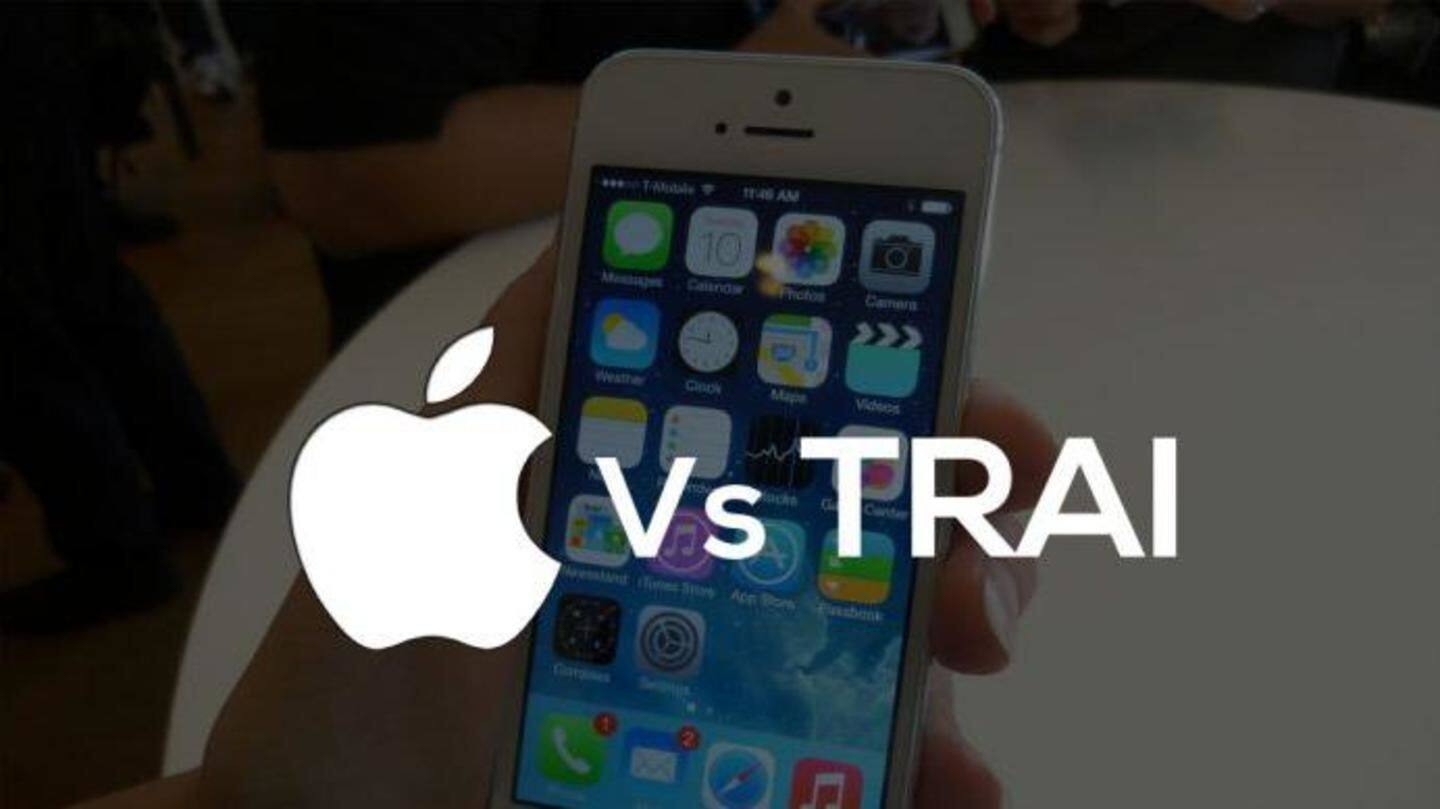
Your iPhone in India may get deactivated: Here's why
What's the story
Apple and TRAI are at loggerheads again over TRAI's anti-spam app. This time, new TRAI regulations, if enforced, might result in telecom operators deactivating services on iPhones. The feud began a year ago, in 2017, and it seems like Apple might have to budge now to avoid getting shunned by telcos. Here's more on what went down.
Details
TRAI wants an iOS-based anti-spam app, Apple won't have it
The regulations specifically refer to a TRAI-approved anti-spam mobile app that seeks to curb the nuisance of getting spammed by marketing messages and calls. TRAI already has an Android app which allows users to opt for a "Do Not Disturb" (DND) mode that telemarketers are required to obey. The regulator wants a similar app for iOS, but Apple has been opposing that.
Apple's stance
Apple: Won't allow third-party apps to access calls/messages
Apple doesn't allow third-party apps to access calls and messages, and this has become a major point of contention between the tech giant and TRAI. In March, Apple said that the TRAI's app "as envisioned violates the privacy policy" of its App Store. Yet, while Apple still isn't allowing TRAI's app on its App Store, it has gradually modified its OS for anti-spam capabilities.
Anti-spam
Apple efforts to curb telemarketing spam
Apple has already integrated CallKit in iOS 10, SMS filtering in iOS 11, and the upcoming iOS 12 is expected to incorporate a feature that will allow users to seamlessly report spam calls and text messages directly from the operating system. The iOS 12 feature, in particular, was seen as a move to appease the Indian regulator. Yet, TRAI remains adamant.
Ratification
The new regulations were ratified, despite objections
The stringent regulation was drafted in May, and was ratified on Thursday, despite many voicing objections to the "derecognize" clause. In particular, the Indian Cellular Association pointed out that the clause would give telecom operators the power to judge which devices should continue, and which should be derecognized. It added that TRAI had no jurisdiction over device manufacturers. Airtel and Vodafone had also objected.